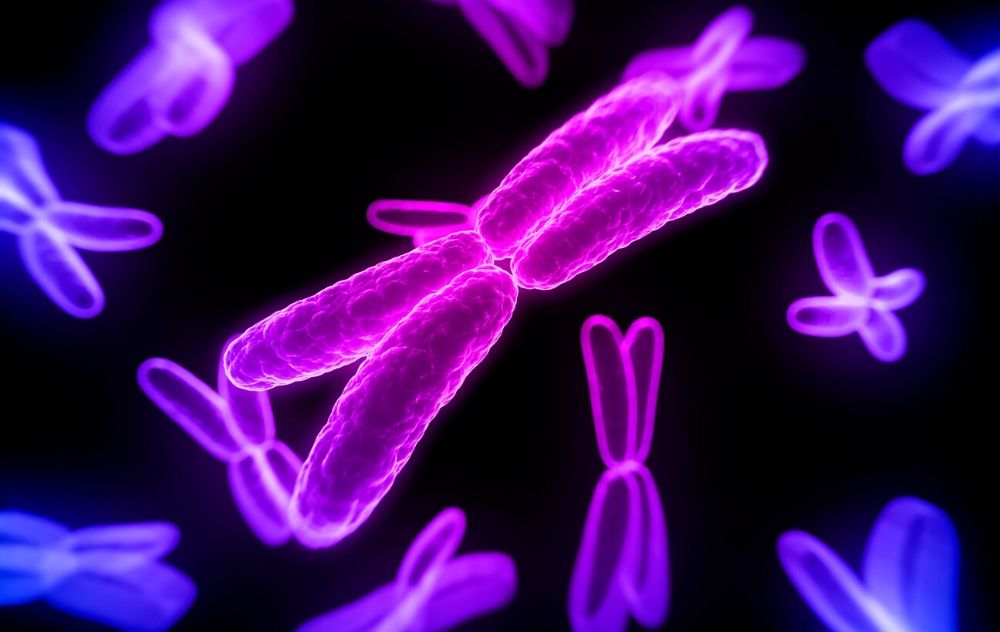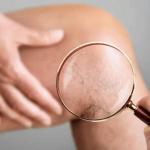
How Family History May Impact Your Risk for DVT
If you travel often, you are likely familiar with the recommendations for safe, healthy flights. They tell you to drink plenty of water and wear comfortable, nonrestrictive clothing; get up and make movement regular to help prevent deep vein thrombosis (DVT). This is because sitting motionless for long stretches of time is just one of the many risk factors for DVT. If you are you wondering, is DVT genetic? The answer is not quite as simple as you may think. It can be, but you have to know the facts. Here is a closer look at this serious condition, its risk factors, and how your genetics may make you more likely to develop it.
What is DVT? How Likely Are You to Develop It?
DVT is the medical term for a blood clot that forms in a deep vein in your body, most often in the pelvis, thigh, or lower leg. (If the clot breaks loose and travels through the bloodstream to the lungs, it’s called a pulmonary embolism, which is a medical emergency.)
While a DVT can occur at any age, your risk of having a DVT increases after the age of 40 and nearly doubles with each decade. You’re at the highest risk, however, after a major injury or surgery, or when you’ve had a heart attack, heart failure, or cancer.
TAKE OUR FREE VEIN SYMPTOM CHECKER
Is Deep Vein Thrombosis Hereditary?
Your family history makes you more or less likely to develop serious medical conditions, including DVT. If a sibling has had DVT, for example, your risk is doubled. Some people have a genetic likelihood that makes their blood more likely to clot. If one or both of your parents is a carrier of one of these genes, you also may be more likely to develop DVT.
For example, Factor V Leiden is an inherited blood-clotting disorder where Factor V, a protein that affects the speed at which your blood clots, is mutated. As a result, your blood clots more than necessary.
SCHEDULE A VEIN APPOINTMENT ONLINE
Another condition that increases your risk of DVT is hereditary antithrombin deficiency. This condition places you at higher risk because your body is more likely to form blood clots, especially in the veins. About 50 percent of people with this condition will develop at least one abnormal blood clot during their lives.
According to the CDC, about five to eight percent of Americans have at least one genetic risk factor that increases their chance of developing a DVT. So, is DVT genetic? The answer appears to be “yes,” but it’s important to note that not everyone with a risk factor for DVT will develop it.
How Do You Know If You Have a DVT?
The symptoms of a DVT include redness, swelling, and pain, or may produce no symptoms at all. If you’re diagnosed with a DVT, treatment may include medication that can help dissolve the clot and blood thinners that can help prevent future clots. Your doctor may also suggest other treatments, such as wearing compression stockings especially when flying or driving for long periods.
MORE QUESTIONS? TALK TO A VEIN SPECIALIST TODAY
DVT Prevention with Vein Treatment
At USA Vein Clinics, we specialize in treating the root of the issue, venous insufficiency, to prevent serious health conditions like DVT. Our experienced physicians and staff will work with you to diagnose and treat your vein issues, designing a treatment plan to address your individual situation. If you have questions about DVT or vein health, contact one of our clinics by calling us at 888.768.3467 to schedule your evaluation today.






